Major sporting events like the World Cup, especially where there is participation by one or more of the home countries, traditionally represent a business bonanza for UK retail.
If history repeats itself, over the next few months England football fans will splash out on everything from replica shirts and new televisions to pizzas and cases of beer as they follow the team’s progress in Brazil.
But brands looking to exploit the potential of the World Cup in Brazil and optimise their marketing activity need to be preparing strategies that target the shopper (the person actually making the purchasing decision) as well as the consumer.
suppliers must recognise that major disconnects may exist within their organisations, which are preventing them from committing their budgets in the most informed and most effective manner. This, in turn, is having an impact on ROI and commercial efficiency.
The roles of the sales and marketing teams are inherently different. The sales team will be retailer-focused, focusing on margin and selling to multiples and independents.
The marketing team, in contrast, exists to be consumer-facing, looking to achieve both consumer satisfaction and their loyalty. This is the natural order of modern commercial life, but if the shopper is not a central part of this equation there will be a misalignment in the way budgets are deployed and inevitable inefficiencies in the way teams act on behalf of their business.
“Cup strategies need to target the shopper as well as the consumer”
Take beer as an example, where most statistics show that, while the overwhelming amount of bottled beer bought in supermarkets is consumed by men, most is purchased by women. A campaign that offers tickets to a sporting event may be a good idea but a ticket promotion that may motivate the consumer - the man - might not necessarily appeal to the shopper. For a campaign to be fully connected it needs to appeal to the shopper - perhaps a spa break to appeal to football widows - as well as the consumer, and be relevant to both the stage of the purchasing journey and the shopping environment they are in.
The power of the World Cup is not in question. British retail sales rose six times faster than expected in the month preceding the last World Cup [ONS] whilst the BRC said that the 2006 World Cup in Germany generated about £1.25bn in extra spending across the retail sector. The British Beer and Pub Association estimates that around three million people watch football in pubs during the regular season while up to 15 million could watch England’s World Cup exploits in pubs.
Vast sums of money will be invested to drive brand awareness, increase sales and competitive advantage around the tournament, but this is being risked because suppliers fail to recognise that their consumers and shoppers behave differently.
The investment needs to target all phases of the shopper’s path to purchase right through to consumption and repeat purchase. One message or type of activity rarely fits all these requirements. Only by fully connecting the dots on the shopper’s journey can ROI be optimised.
John Nevens is co-founder of Bridgethorne



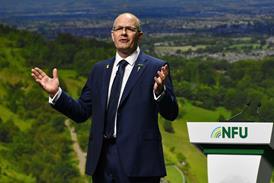
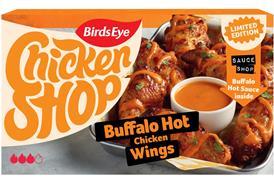




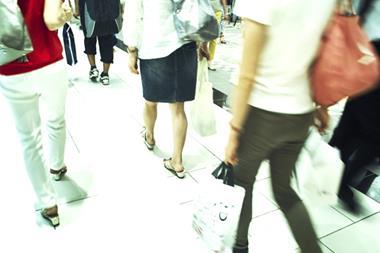
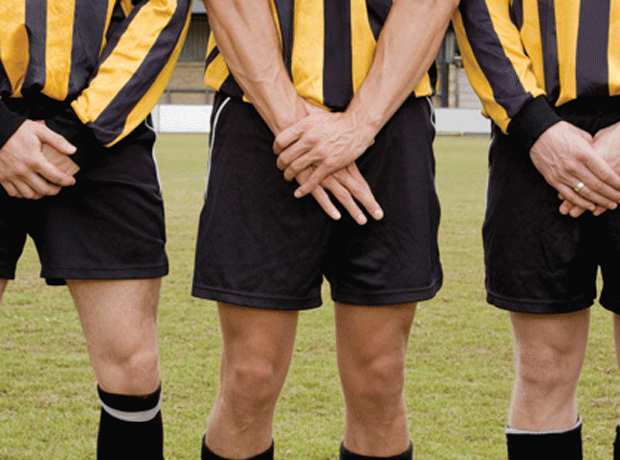
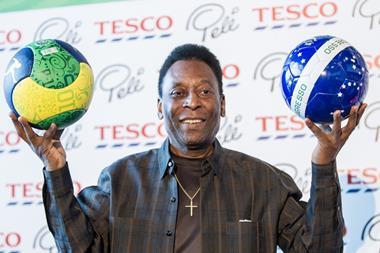
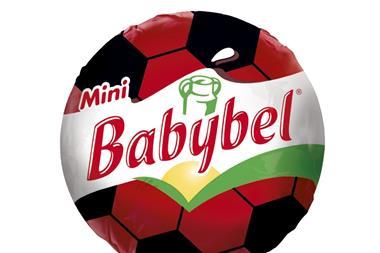
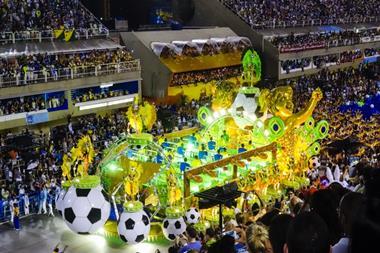



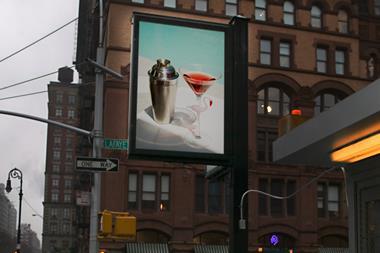
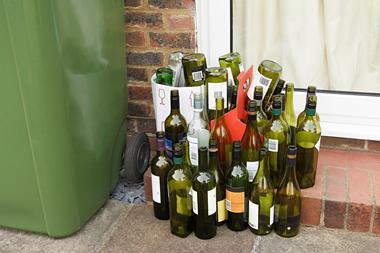

No comments yet